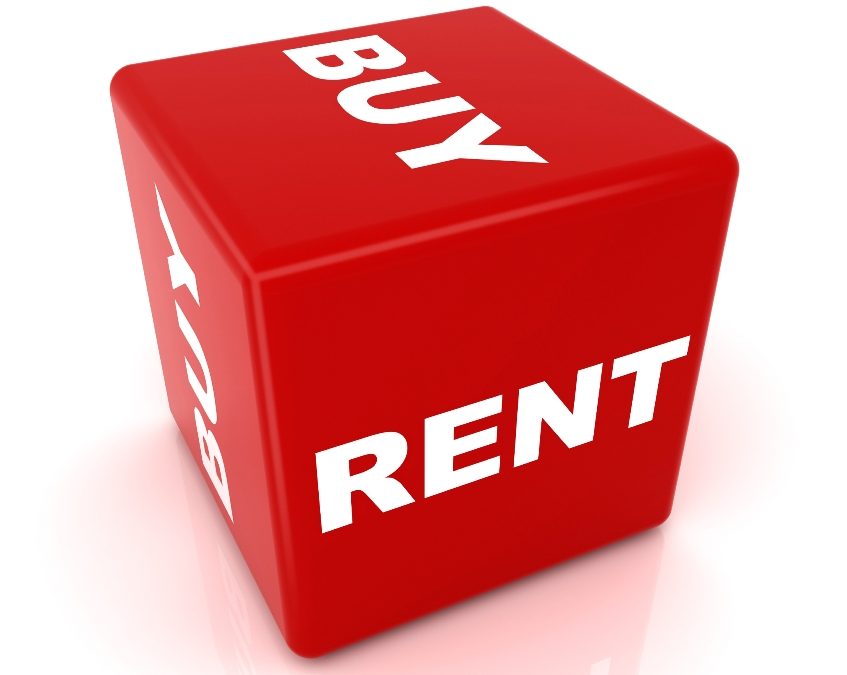Buy to let mortgages and their role as investment vehicles for those looking to become landlords or continue building a successful property portfolio (and the fallout of the EU referendum, of course) are never far from the news agenda.
But what about commercial property as an investment? In all the clamour caused by a combination of a) people wanting to invest in residential property and b) people trying to find out how the buy-to-let tax changes affects them, the humble commercial mortgage seems to have been sidelined.
Admittedly, it is a more specialist mortgage product when you compare the number of UK homes (approx. 27.8 million*) with the number of SMEs (approx. 5.4 million+), yet for business owners wanting more control over their costs and to avoid being at the mercy of their landlord, then a business mortgage might be the answer.
First of all, let’s take a closer look at the benefits.
You’re in control
Particularly if you arrange a fixed rate mortgage. No more rent hikes or unwanted charges from the landlord, although if on a variable rate your mortgage will flex in line with interest rates.
Property values tend to go up, not down
Of course this is based on what we have seen so far and Complete Mortgages isn’t discounting the possibility that prices could start to fall, but property tends to appreciate. And, as the owner of the building, if it appreciates then you build value. It’s also worth highlighting that interest repayments on an owner-occupied commercial mortgage are tax deductible.
An extra revenue stream?
Whilst you may be frustrated with your own commercial landlord, it doesn’t mean that you can’t become one. Depending on the size of the property – and the agreement you have with your lender – why not let rooms or even desk space to smaller businesses. Matching those looking for office space with those who have space to let is now big business, and the number of self-employed people has dramatically increased, too (in 2014 the UK hit an all-time high of 4.5 million self employed people**).
Now let’s look at the things you’ll need to overcome in order to arrange a commercial mortgage.
Affordability vs. history
Commercial mortgages are not as clear-cut as residential mortgages and no two applications are the same. For example, Business A has been trading for 10 years and requires a £250,000 mortgage on a commercial unit that it is buying for £295,000. Business B also needs to borrow £250,000 on a commercial unit that it is buying for £295,000 but has only just started trading. Unfortunately for Business B, the fact that it has less commercial experience means that it will need to provide a deposit of around a 50%. A mortgage broker will add value here by outlining where you stand from the outset.
Where to start?
There are countless commercial mortgage deals available however they all differ and they all come with their own pros and cons. Navigating this complicated market is resource-intensive and a typical commercial mortgage application can take time to complete for those making an application independently.
Preparation is everything
Make sure you have crafted that perfect business case before making a commercial mortgage application. Demonstrating that you’re aware of the challenges, the requirements and the figures will stand you in good stead when it comes to making a successful – and swift – mortgage application.
When it comes to commercial mortgages, our advice is to use a trusted mortgage broker that can not only present you with a suite of options that best suit the needs of you and your business, but also do the leg work for you.
Thinking of applying for an owner-occupied business mortgage? Contact Complete Mortgages on 01483 238280 or email info@complete-mortgages.co.uk to discover the commercial mortgages available to you.
*http://visual.ons.gov.uk/uk-perspectives-housing-and-home-ownership-in-the-uk/
+www.parliament.uk/briefing-papers/sn06152.pdf
**https://www.parliament.uk/business/publications/research/key-issues-parliament-2015/work/self-employment/



Recent Comments